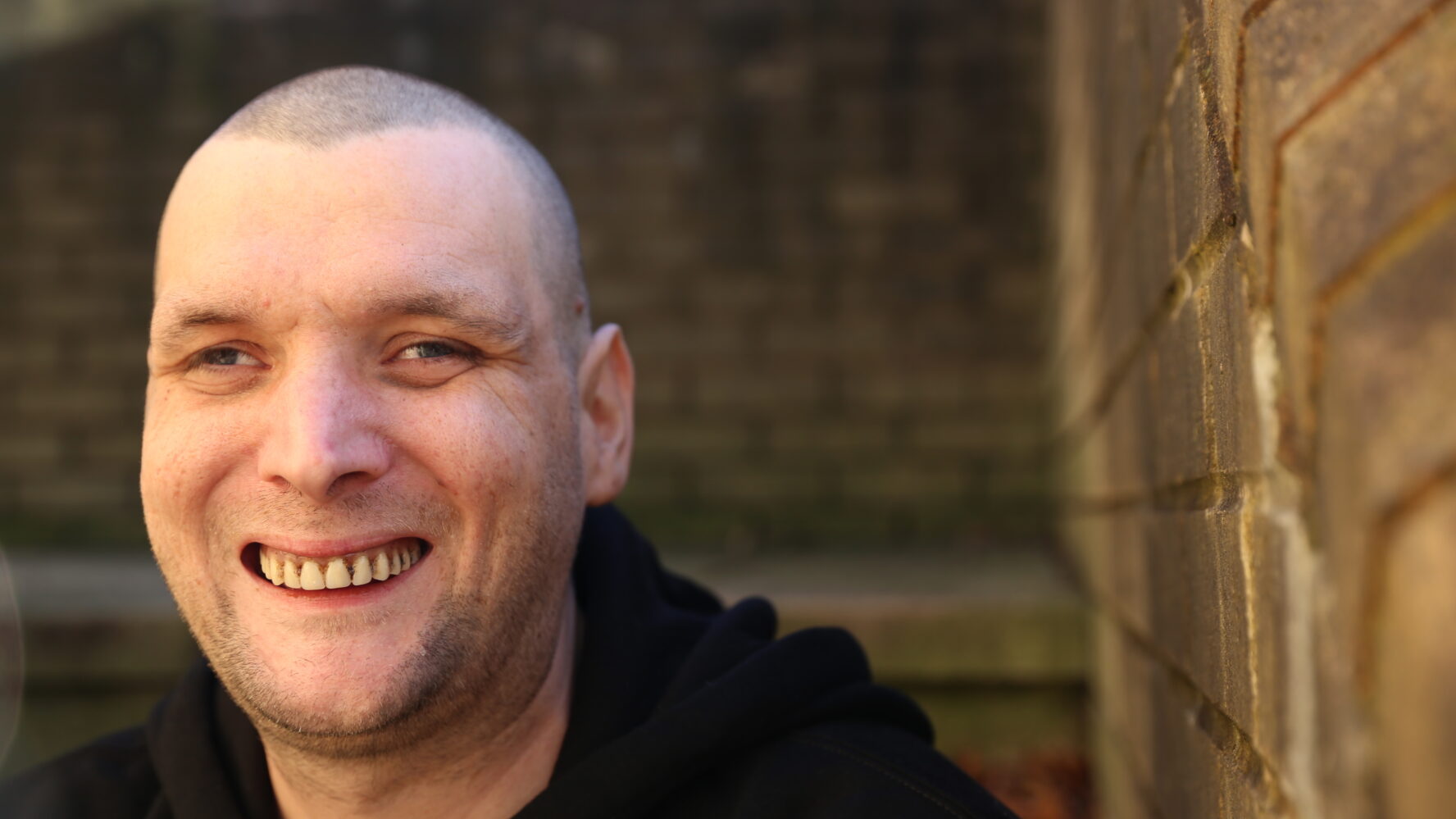
As a person with a mental health issue before I was in debt, I know it is very hard to even do the basics. When I say you don’t even want to do the basics, that is even more true when it comes to paying bills and debt. You shirk your responsibilities as a person, not because you don’t want to deal with them, but as a symptom or by-product of mental health and your state of mind. Speaking from experience, I was in this position.
Mental health issues affect millions of people every single day. When left untreated, they could lead to family members saying goodbye to their loved ones for the final time.
The impact of debt
As more debt letters come through the door, and the way debt letters are written using very harsh language, it causes a person’s mental health issue to be heightened. Each person is different in the way that they deal with problems associated with debt, but when you have a mental health condition you feel lost and so buried. You never know which way to go, as you feel like you’re being pulled in every which way by your debt and your own demons. Coupled with the fact that trying to survive in this modern day, just to keep your head above the parapet has become even harder. As the letters keep coming, your brain and mental health condition is almost teasing you about your situation and it becomes a very lonely position to be in.
There should be no shame in mental health struggles or being in debt. The first time I was in debt, I told my family, to their disappointment, but the second time the shame I felt was so great that only my dad knew about my debt problem. The stigma attached to being in debt and having a mental health issue means people are not open to talking about their debt issues and how it is truly affecting them. So you fight your battles in silence, which is never a good idea to do. You find yourself locking yourself away, not talking to anyone, reducing your meal consumption and not doing basic essential things to keep you and your property going. I was doing the bare minimum, until I came to CAP.
Finding tools
The first time I got into debt, I had to go through a Debt Relief Order. But when I needed help again, going through a Debt Management Plan gave me a new lease of life, new-found responsibility and an improvement in my mental health. Since coming to God and battling my debt, I have been given a new-found sense of being, a new life almost. Before, like anyone else, I had a lack of belief in myself and what I can and have achieved over the years.
Mental health and debt go hand in glove with each other, but by being given the right tools you can battle your demons. Many are struggling, especially with the cost of living crisis going on in the United Kingdom right now and asking for support is often a cry of help. As there are many different agencies out there offering support and assistance, it’s never too late to get help.
CAP has given me support not only in dealing with my debt problems but offering emotional support too. They are fantastic at just listening and being at the other end of a phone when your debt problems are still too much to handle. It is extremely hard in the beginning; there are days that I felt I was putting in hard work but was still in a massive financial hole. But with the love, care, emotional support, understanding and encouragement from CAP, I could finally start to see the light at the end of the tunnel after two years of begging and borrowing. In those moments your own inner turmoil and torment disappear and those dark clouds go away. It enabled me to see sunshine and the world for all its natural beauty. At a time when your head is low and you feel like there is no end to your troubles…there is! I found inner peace and happiness and I hope others can too.
What I would say to those in the industry is:
Offer more support, guidance and assistance whether you can yourselves or by signposting people properly or by setting up systems to protect those who are vulnerable in our society.
Understand that being vulnerable isn’t just a stigma attached to a particular health issue. We can all be vulnerable because of our circumstances.
Look at a person’s situation, not just their financial aspect. Someone who might have an excellent credit history could still have mental health or other disabilities.
Don’t just make a decision because someone has a disability but look at their overall circumstances.
Reduce the harsh wording on letters. I am aware that you need to make a person aware of the situation, but by using less harsh or easier to understand words you can still convey the seriousness of their situation. Not doing this can make a mental health issue much much worse.
Free non-judgemental support is available. Organisations such as CAP are run by staff and volunteers who will advise anyone going through debt without stigma or blame.



